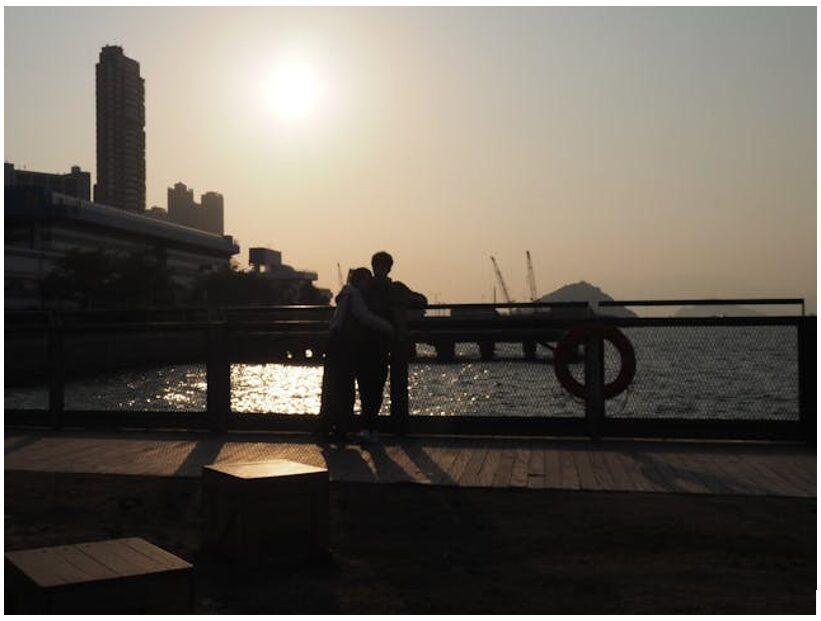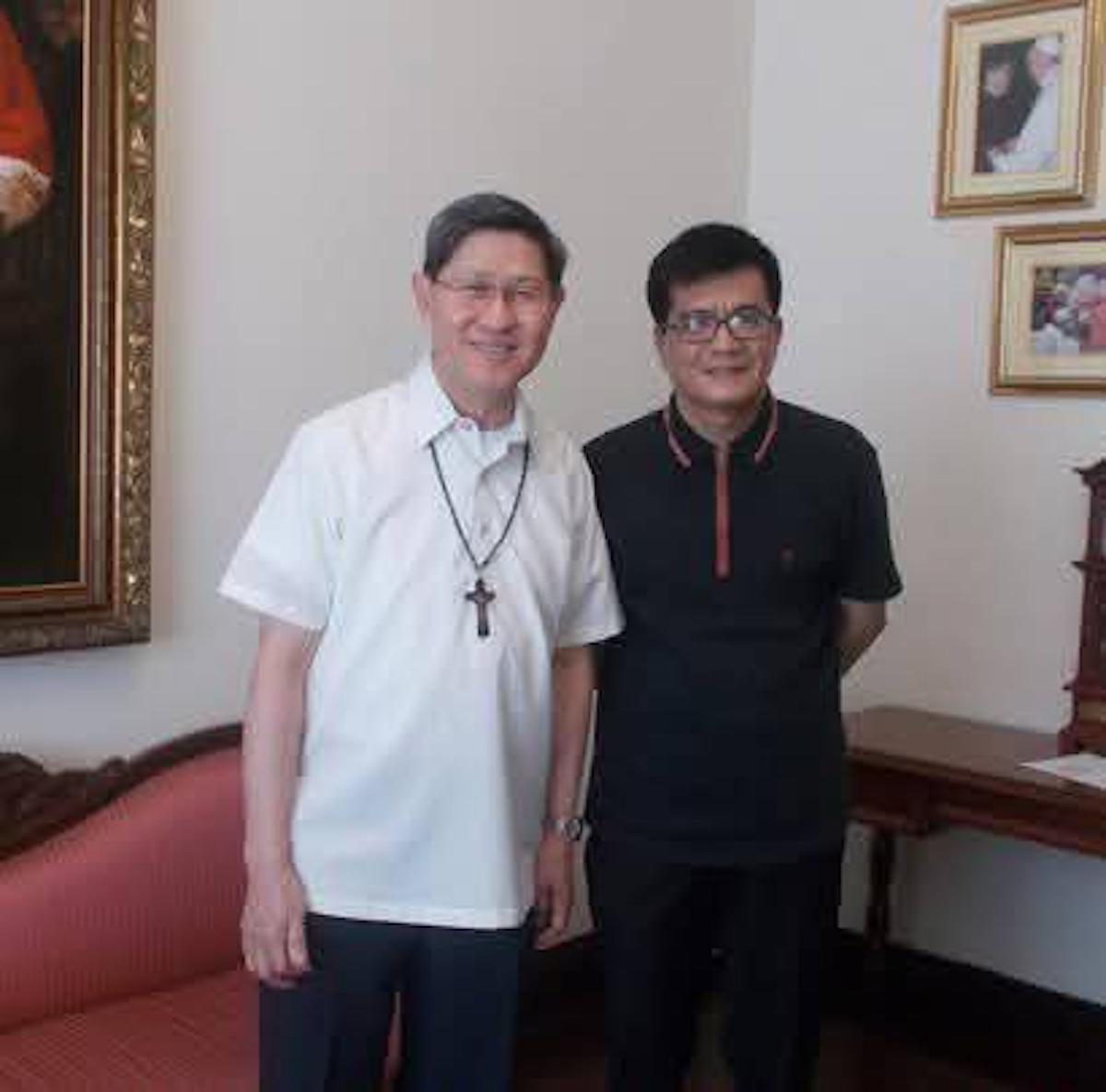OVER the weekend, leaders from the Association of Southeast Asian Nations (ASEAN) convened in Manila for the 30th ASEAN Summit with the theme “Partnering for Change, Engaging the World.”
The 10-member countries also marked the regional bloc’s 50th anniversary, from starting as a loosely constructed regional association at the height of the Cold War to becoming a stable organization that has overcome a myriad of challenges that have come its way.
Perhaps the biggest prize for ASEAN has been the preservation of peace, stability, prosperity and close relations among its members, including Brunei Darussalam, Cambodia, Indonesia, Laos, Malaysia, Myanmar, Philippines, Singapore, Thailand, and Vietnam. This stable bond has propelled ASEAN’s economic growth and boost its international profile.
As it continues its international organization, ASEAN envisions an integrated, peaceful, stable and resilient community that actively takes a leading role as a regional and global player in advancing political-security cooperation, sustainable economic growth and sociocultural development in its region and in the world.
Under the chairmanship of the Philippines, Pres. Rodrigo Duterte led this year’s ASEAN Summit wherein he also engaged his fellow leaders in a dialogue to call for a united response against the illegal drug menace, which he said could destroy their societies as well.
“We must also be resolute in realizing a drug-free ASEAN. The scourge of illegal drugs threatens our gains in community building,” Dutere said in his opening remarks.
Some ASEAN leaders expressed their support for Duterte’s war on drugs. Sultan Hassanal Bolkiah of Brunei Darussalam said he shares the Philippines’ concerns on the devastating effects of drugs upon society, while Indonesian President Joko Widodo also supported the Philippine president’s resolve.
Duterte also discussed other security threats facing the region including violent extremism, terrorism, piracy and armed robbery which he said were hampering regional growth and development.
Despite these achievements, some political pundits have challenged the organization to grow economically and politically, to have a more dynamic ASEAN Code of Conduct and a facilitation of a deeper and more meaningful dialogue and consultation.
However, in its Manila summit, there was no mention in the chairman’s statement of militarization or China’s vigorous island-building activities in the disputed waters.
China asserts sovereignty on almost the entire South China Sea and has been aggressive over issues on the territorial disputes. It has continuously rejected other nations’ claims (including Vietnam, the Philippines, Malaysia and Brunei) on the oil- and gas-rich waters.
Allies not only by common interests, but by shared values and aspirations among its people, ASEAN will set precedents for creating solutions to global challenges.
Despite obstacles set by other nations, ASEAN is moving forward to pursue higher goals, ones that will withstand the test of time, and assure regional peace and stability for its people. (AJPress)
- FTC’s “Junk Fee” Rule Takes Effect, Requiring Upfront Pricing for Hotels and Event Tickets
- Most Dangerous Intersections in 2025 Identified by Metro Police
- Limited-edition t-shirt featuring “Golden Knight” image offered for free at 10 Cox retail store locations in Southern Nevada
- PH Delegation Showcases Investment Potential at 2025 SelectUSA Summit in Washington, D.C.
Back To Top






